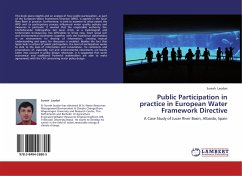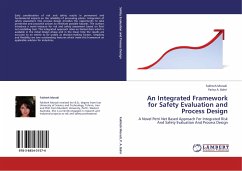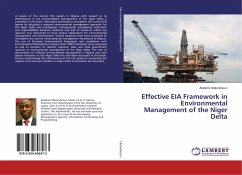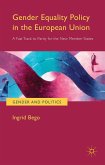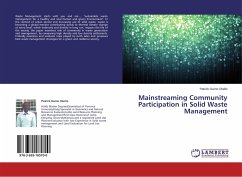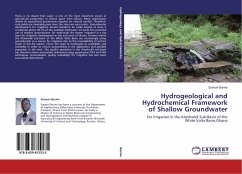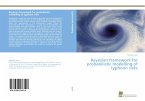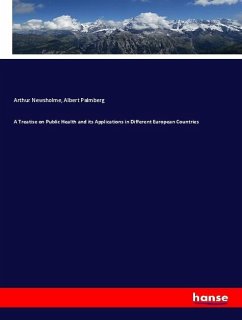This book gives insights and an analysis of how public participation, as part of the European Water Framework Directive (WFD), is applied in the Júcar River Basin in practice. Furthermore, it tried to examine to what extent the WFD and its participatory process influenced water quality policies and measures in particular. It seemed that the responsible authority, the Confederación Hidrográfica del Júcar (CHJ), as a hydrological and technocratic bureaucracy, has difficulties to bring new, more social civil and environmental movements together with the traditional stakeholders in an environment Ire sharing of information, creating mutual understanding and space for discussion is enabled. Besides the fact that Spain lacks a culture of public participation, the level of participation seems to stick to the level of information and consultation, Ire comments and propositions of, especially, civil and environmental movements are barely taken into account in policy design. Moreover, it is suggested that some economical and traditional Powerful stakeholders are able to make agreements with the CHJ concerning water policy design.
Bitte wählen Sie Ihr Anliegen aus.
Rechnungen
Retourenschein anfordern
Bestellstatus
Storno

